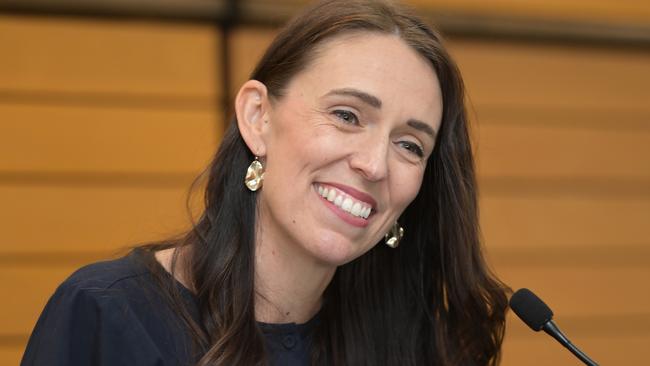
With Jacinda Ardern preparing to step down as Prime Minister after five-and-a-half years, the economy is stretched, stuck in a wage-price spiral due to chronic labour shortages, but there is no appetite from Wellington to tackle the problem through higher immigration.
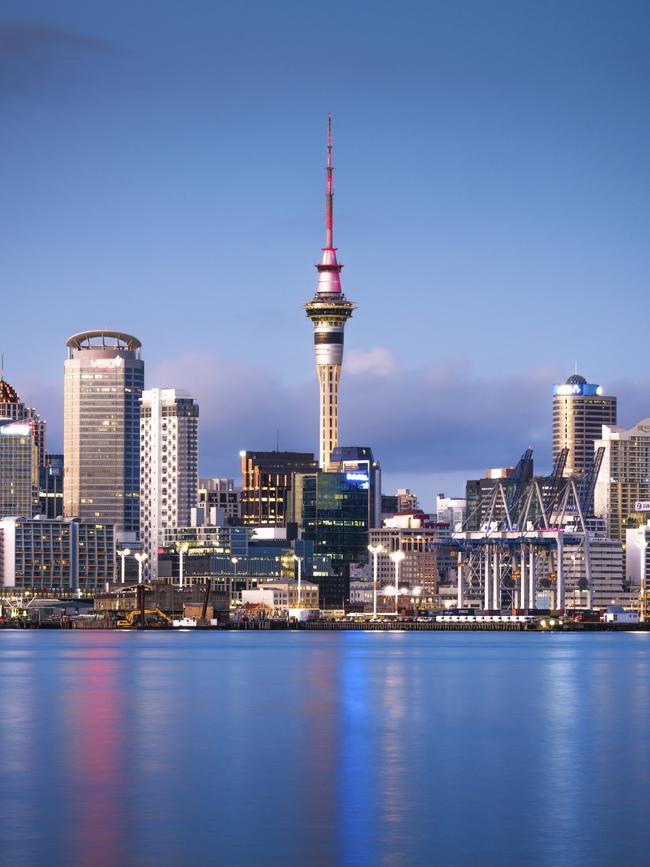
Soaring interest rates has seen ANZ’s index of business confidence slump to a fresh record low in December, as it fell down 13 points to negative-70 points, led by retail and manufacturing. Most New Zealand businesses widely anticipate a recession this year and many are preparing to push through further price rises to ease the pain of costs. Consumer confidence is also sliding to lows.
One chief executive of a major Auckland-based company tells The Australian there has been a lack of dialogue between business and Ardern’s government and this has got worse on the other side of the pandemic. The CEO, who oversees a company with operations on both sides of the Tasman, noted the relevant Minister have simply stopped engaging with business about acute staffing shortages as the election has moved closer.
“At the beginning of the Covid-19 response there was a willingness to interact with business. That’s disappeared,” the CEO says.
“Labour for us is a critical issue we have been lobbying as hard as we can around immigration
“Wage inflation is running at 7 to 10 per cent we can’t keep up – it’s a fool’s errand, we are just bidding against each other for a decreasing pool of resources”.
Covid shock
New Zealand’s economy – which is slightly bigger than Queensland’s annual output – is still reeling from the shock of border closures through the Covid pandemic, but the country was slower than most to ease border settings. The Ardern government also used Covid to adopt an “immigration reset”. This led to post-pandemic migration settings at a more restrictive level and is now having painful consequences.
Labour shortages have become even worse following resumption of international tourism – global carrier Emirates resumed flights into Auckland in recent weeks – meaning the pressures on a supply constrained economy have gone sky high.
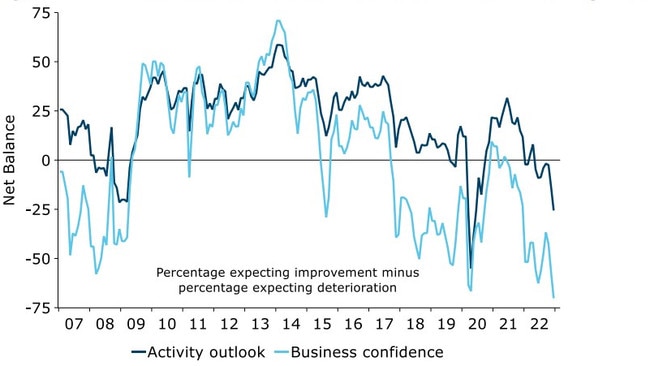
While all this is good for wages, which are soaring, any advantage is being rapidly eroded through entrenched inflation. Ultimately higher wages are leading to higher prices and this is setting off another round of wage demands.
Australia is suffering similar pressures but has access to a deeper and more diverse labour market and this means wages haven’t been moving anything like New Zealand.
The Reserve Bank of New Zealand was one of the first central banks in the world to kick off a sequence of rate rises last year and they are not done yet. Indeed Governor Adrian Orr late last year admitted the central bank is deliberately engineering a recession to curb inflation.
The Reserve Bank of New Zealand is projecting a shallow recession from the June quarter, although businesses fear the slowdown could be deeper.
While the velocity of Australia’s cash rate hikes seem to be slowing, economists are tipping another 75 basis point cash rate hike for the New Zealand central bank next month.
ANZ’s closely watched New Zealand chief economist Sharon Zollner anticipates a recession is looming and has pencilled in the sharp rise at the next RBNZ policy meeting on February 22, with cash rates forecast to peak at 5.75 per cent in May. Currently the official cash rate across the Tasman is 4.25 per cent.
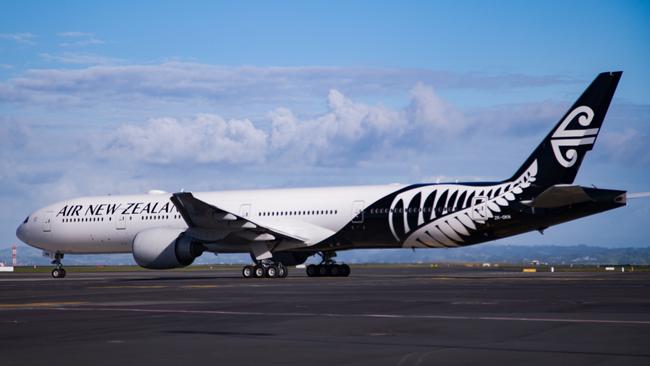
Australia is sitting on a cash rate of 3.1 per cent with economists tipping a 25 basis point rise next month, amid signs the local jobs market is cooling.
Average wages growth for New Zealand’s private sector was 8.6 per cent in the year to September, which is outpacing inflation that is running at 7.2 per cent. Adding to the labour market pressures is the massive immigration pull into Australia – particularly for skilled workers – where wages are higher on a relative basis.
New Zealand’s December quarter inflation figures are due to be released next week and ANZ’s Zollner is tipping CPI to remain flat at 7.2 per cent.
However she says inflation is “far too strong” in New Zealand, due to an extremely tight labour market and the struggle to rebuild capacity in the tourism sector, has put continued pressure on domestic services prices over the summer months.
The Ardern government’s $75bn Covid response fund was massive compared to the size of the economy, representing nearly 24 per cent of annual GDP (Australia was high, but around the middle of the pack globally at less than 15 per cent of GDP). For New Zealand, this has left a heavy debt burden of about 55 per cent of GDP at the same time the country is running deep current account deficits. This means New Zealand is a net borrower from the world while rates are rising, leaving it vulnerable to further economic shocks or slowing global growth.
–
AGL’s board passes test
After a year of tearing itself apart and shareholder clashes, AGL Energy’s newly enlarged board has taken a big step towards stability by naming acting chief executive Damien Nicks as the full time boss.
It was a long time coming to get to this point, but AGL’s new chairman Patricia McKenzie made sure she cast as wide as net as possible for the key appointment.
The appointment of Nicks, the former chief financial officer who stepped into the role the following the September exit of executive chairman Graeme Hunt, was always going to be a big test for the AGL board. Tech billionaire Mike Cannon-Brookes and AGL agitator with a 11 per cent stake secured a stunning win last November all four of his proposed directors nominated to the energy company’s board in November. This week’s decision to go with Nicks was strongly supported by enlarged AGL board, including the Cannon-Brookes nominees.

As acting CEO, Nicks was always in the box seat for the role particularly as he played a key part in developing the refreshed AGL strategy last September which involved the accelerated shut down of the company’s coal-fired power station and an ambitious $20bn investment on renewables over the coming decade.
Planning on this needed to start years ago, let alone today, so the risk of bringing in an outsider to develop yet another strategy and win over shareholders in the process was always going to be a hard call.
Even so Nicks moved quick to stabilising the company after a disastrous year where it became subject to a hostile Cannon-Brookes takeover and a former management were determined to push ahead with a deeply unpopular split of its coal generation and renewables assets.
In the end it was shareholders that saved AGL from itself, forcing the 186 year old company to abandon the deal. But in the process it lost a tonne of credibility and experienced a worrying exit of talent at all levels. AGL shares have lost nearly 70 per cent over the past five years, but have outperformed since November’s tentative peace deal with Cannon-Brookes appears to be holding.
Nicks is a highly-experienced executive and has been working to settle all investors while managing the brutal field of Australian energy politics. Nicks will be joined by former ENGIE executive Gary Brown as chief financial officer.
AGL’s McKenzie said since holding the acting CEO role Nicks has proved to the board he has “the commitment, vision, and fresh approach” to accelerate the energy transition as well as deliver value for AGL’s customers as well as growth for investors.
She said after a period of disruption and change AGL’s new board and management has set the company on a stronger future by “embarking on one of Australia’s most significant decarbonisation initiatives”.
If, as expected, the $18.4bn acquisition of rival Origin Energy led by Brookfield moves ahead, AGL will be the only remaining power generator of scale listed on the ASX. Big shareholders want to see a stabilised AGL transition away from coal toward a renewables future and are prepared to give Nicks their support through the process.
–
Exchange overhaul
ASX is nearing the first move of its boardroom overhaul, as it prepares to appoint a new director in coming days. However it is understood the yet-to be-named candidate, comes from the field of investment banking, which might not be the experience the exchange needs right now. The ASX clearly got caught short on technical expertise right at the top to the organisation which is how its ambitious CHESS replacement project when so badly off the rails over several years.
The ASX declined to comment.
In November the ASX’s new chief executive Helen Lofthouse made the call to shelve the untested settlements project, after progress had stalled and confidence in the technology which is underpinned by blockchain, hit rock bottom.
The ASX still has a major job on its hands finding a replacement for CHESS, while winning back the trust of its two key regulators ASIC and the Reserve Bank. And this includes board renewal.
Last March the ASX appointed former Westpac chief information officer David Curran to help bolster its technology expertise in the boardroom.
The ASX has plenty of banking and finance experience at the board level, including chairman Damian Roche a former investment banker, most recently with JP Morgan and one time Deutsche banker Yasmin Allen. Also former ANZ chief financial officer Peter Marriott and one time KPMG Australia national chairman Peter Nash. Former Treasury boss and former NAB chair Ken Henry stepped down from the ASX board last September.
johnstone@theaustralian.com.au


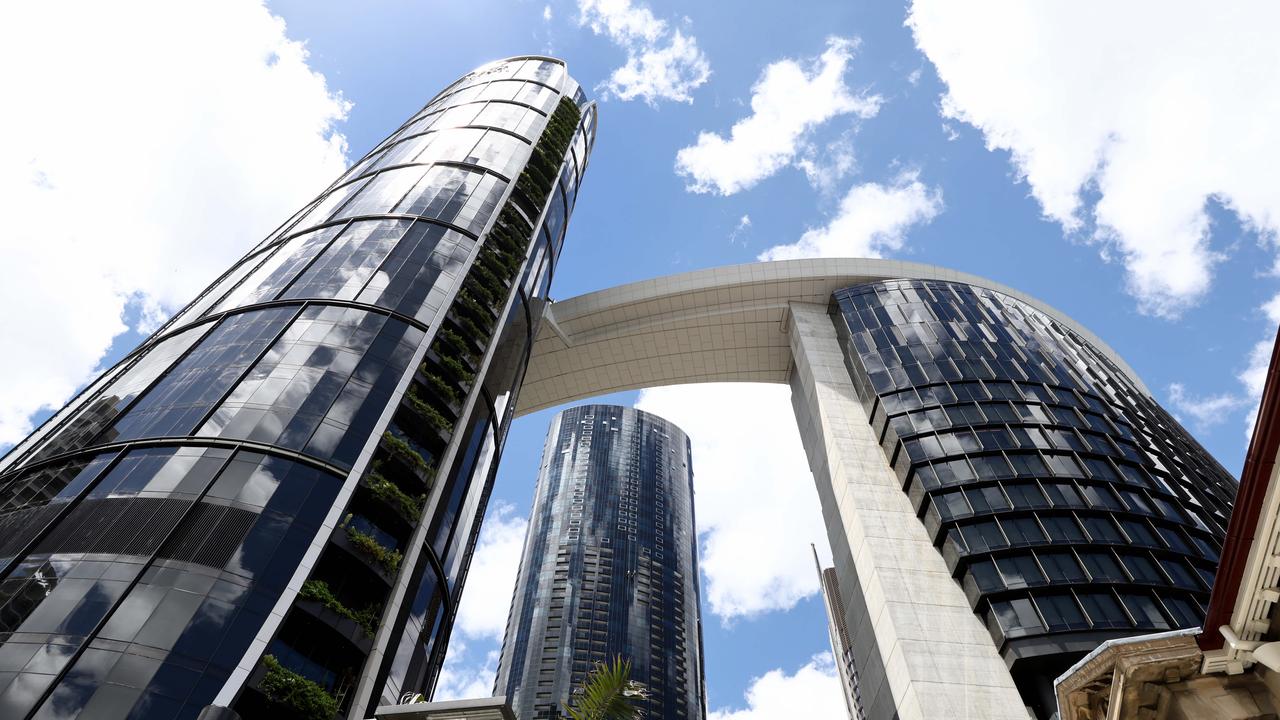
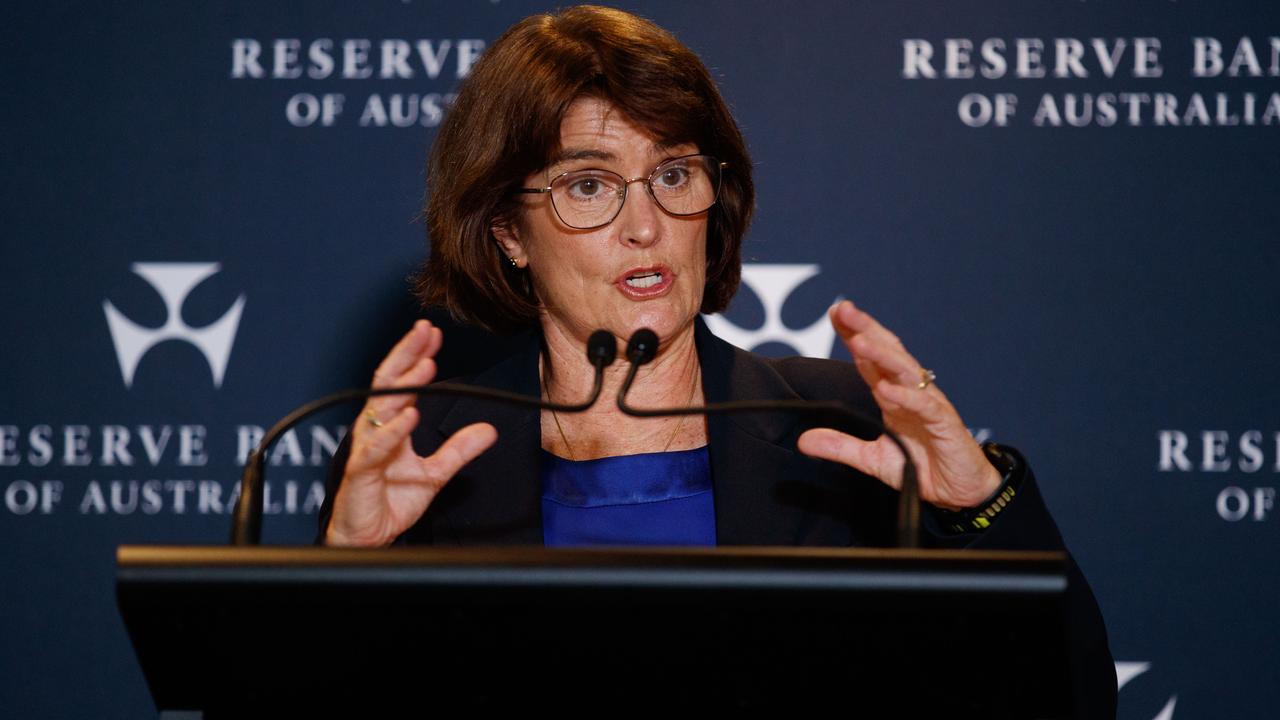
Ahead of this year’s general election New Zealanders are feeling more nervous than ever about their economy, which is in deep trouble and heading towards a recession.